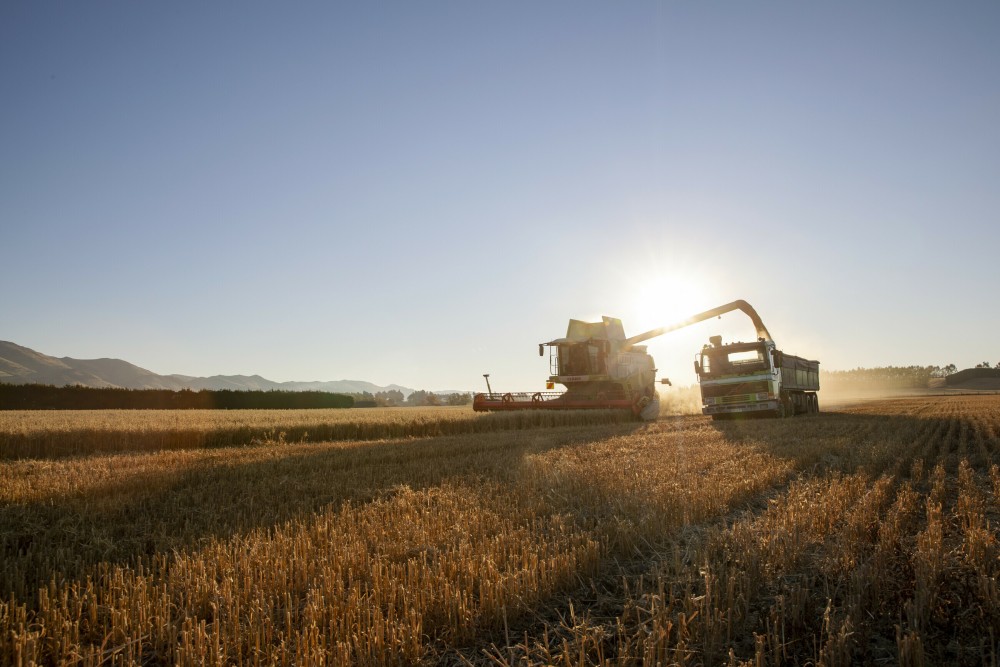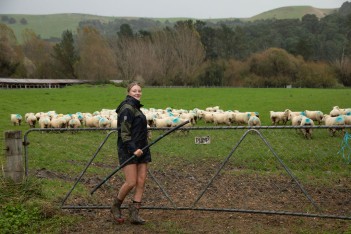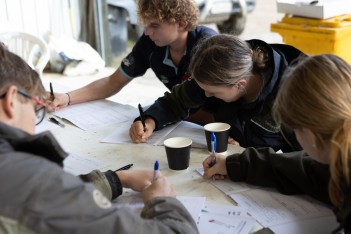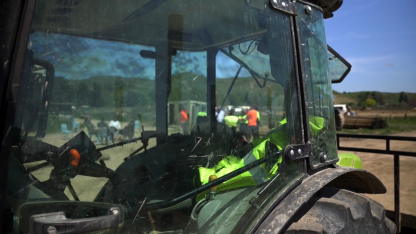2026 Investment Advice
Muka Tangata provides advice to TEC on investment in vocational education to influence funding decisions that considers industry needs, to help match skills and workforce demands with supply.
Learn moreNew Zealand arable systems are unique in that they generally include livestock.
New Zealand’s arable farmers produce 50% of the world’s white clover seed and 60% of the world’s radish seed.
Ongoing government legislation and compliance to support farmers in the mitigation of on-farm emissions and climate change is difficult for some farmers to navigate, due to cost and complexity.
Because farms are often family run, there is not a clear pathway into the workforce.
Just over half of all Arable production in Aotearoa is carried out in the South Island, with one third of all production taking place in Canterbury.
Key Challenges
Find out about our work to assess the quality of programmes delivered by providers for this industry here.
A snapshot of the Arable workforce development plan is available for download here. Please note that this reflects a point in time (July 2024). The most up to date information is on the workforce development plans website.
Muka Tangata provides advice to TEC on investment in vocational education to influence funding decisions that considers industry needs, to help match skills and workforce demands with supply.
Learn more
This section provides information about the workforce, industry and Vocational Education and Training (VET) provision and performance. It shows data and research focused on key aspects of Muka Tangata industry groups and learners. This section is expected to feature regular updates to the data and trends being showcased.
Insights for Industry about trends in economic performance indicators.
Insights on the workforce, including; size, ethnicity, age, regional distribution, and gender.
Insights about learners, including trends in enrolments and mix of provision.
Arable farms are often family owned and operated, and there isn’t a clear pathway into the industry. This can make it difficult to attract people with the range of skills required to carry out all aspects of the job. Ensuring that the industry has the skills and available training to adapt to a changing environment and adhere to compliance and legislative requirements remains a priority. Furthermore, the seasonal nature of the industry means that it is difficult to complete a qualification within the time frame of employment. We will continue to engage with the industry and investigate where we can respond to any arising opportunities when and where possible.
This is our plan to address the vocational education and training opportunities that arose from our engagement, research and analysis. It includes real projects that we are committed to delivering, with most of these spanning across some or all Muka Tangata industries. Our Projects have replaced our previous “Roadmap Actions” and present a consolidated view of our mahi. Some of the previous roadmap actions have been completed or closed out following a review of our work programme and engagement with industry on the priority of these actions.


